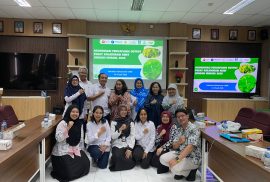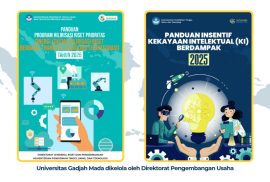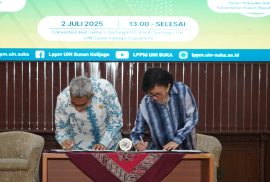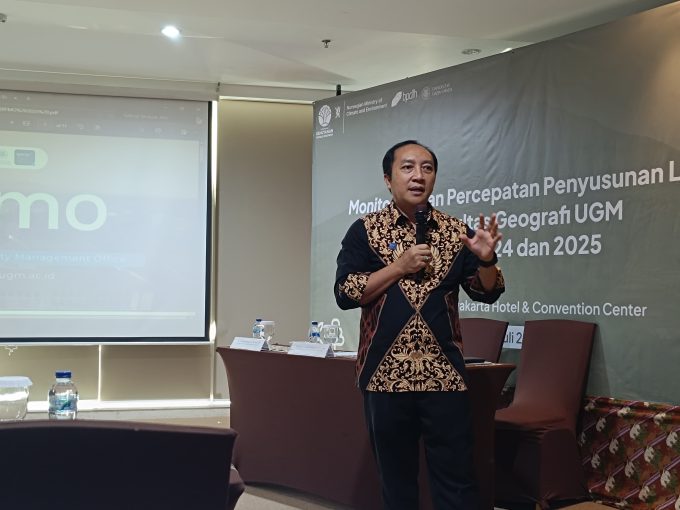
Yogyakarta, July 18, 2025 – The Faculty of Geography at Universitas Gadjah Mada (UGM), in collaboration with the UGM Intellectual Property Management Office (IPMO), organized technical assistance to accelerate Intellectual Property Rights (IPR) registration. This initiative aims to finalize the research outputs of the FOLU Net Sink 2030 project. This two-day event represents a serious effort to fulfill research obligations funded by a Norwegian grant for climate change mitigation through the forestry sector.
The main challenges faced by the research team were complex, ranging from understanding and agreeing on the creators and copyright holders of the works to be registered, involving both the Ministry of Environment and Forestry (Kementerian LHK) as a partner and the students. Another technical issue was adjusting the application document format to meet IPMO UGM standards. In response, IPMO UGM provided a comprehensive solution by explaining in detail the difference between the concept of copyright holders and copyright creators, and by simplifying the application submission process to facilitate registration.
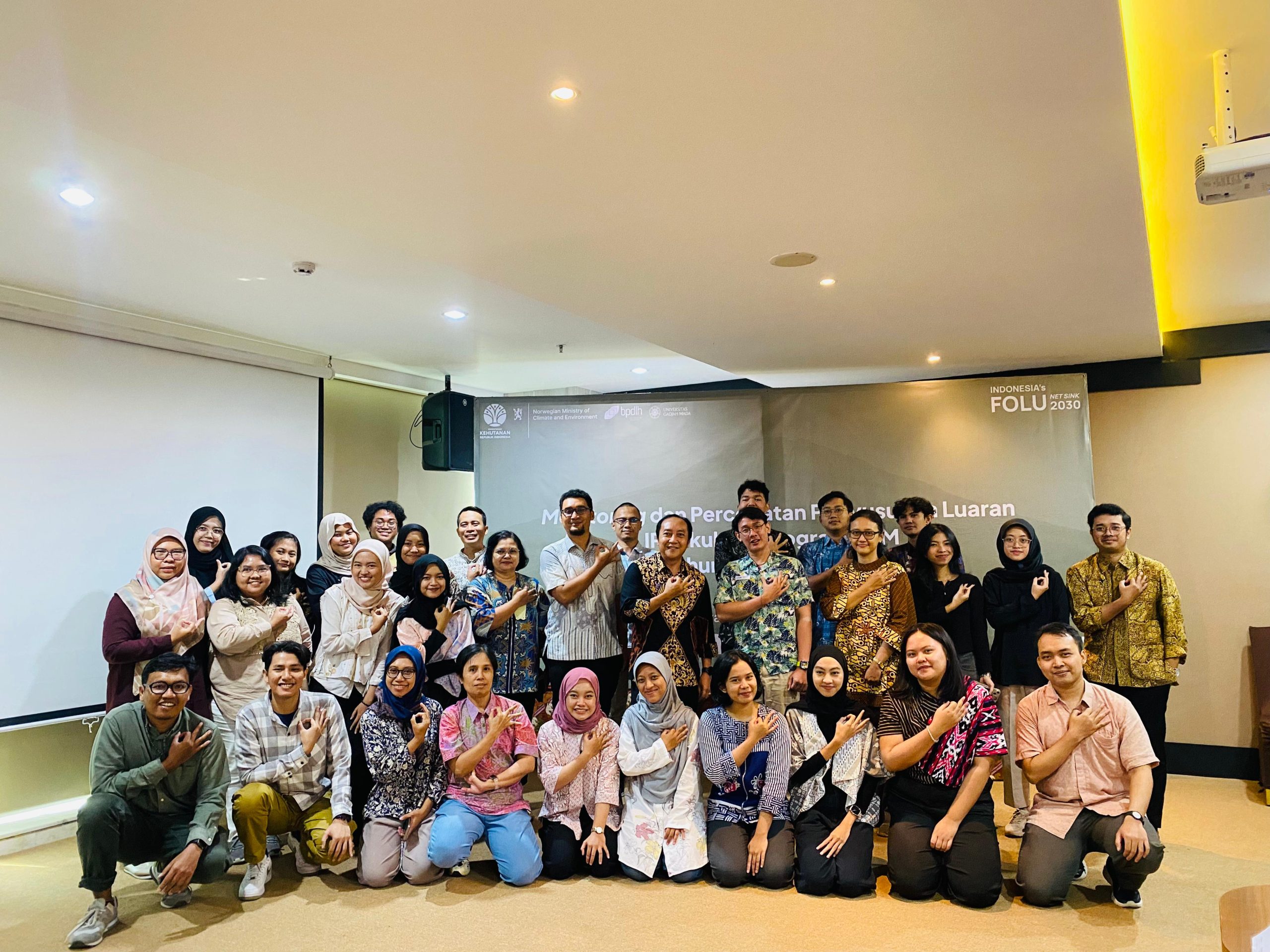
The potential for IPR outputs from this project is significant, estimated at 100-150 copyrights distributed across 10 research work packages. Some of these include video documentation of field research in various regions of Indonesia, climate change adaptation training modules, thematic land-use maps, and an EbA (Ecosystem-based Adaptation) assessment indicator dashboard. In addition to IPR assistance, the event also featured DKIA UGM to discuss the development of Massive Open Online Courses (MOOCs) as a form of research dissemination. Prof. Dr. Muhammad Kamal, S.Si., M.GIS., Dean of the Faculty of Geography UGM, emphasized that IPR protection for these research results is crucial to support the implementation of climate change policies in Indonesia. “With proper copyright registration, these research results will not only provide academic benefits but also make a real contribution to sustainable development,” he stated. The FOLU Net Sink 2030 project itself is part of a global commitment to reduce carbon emissions through sustainable forest and land management.

